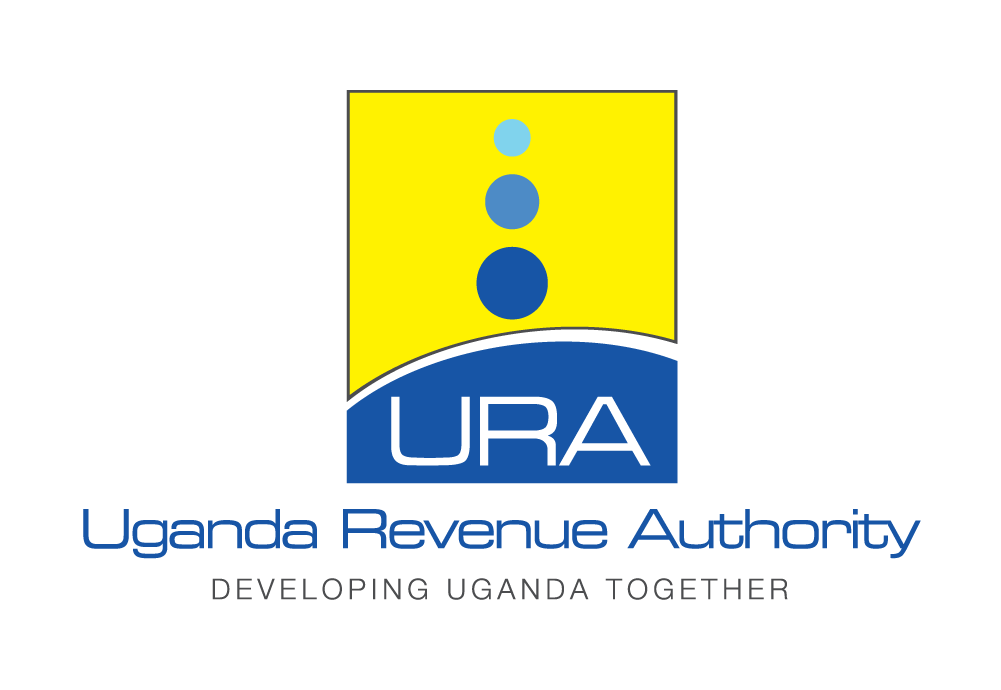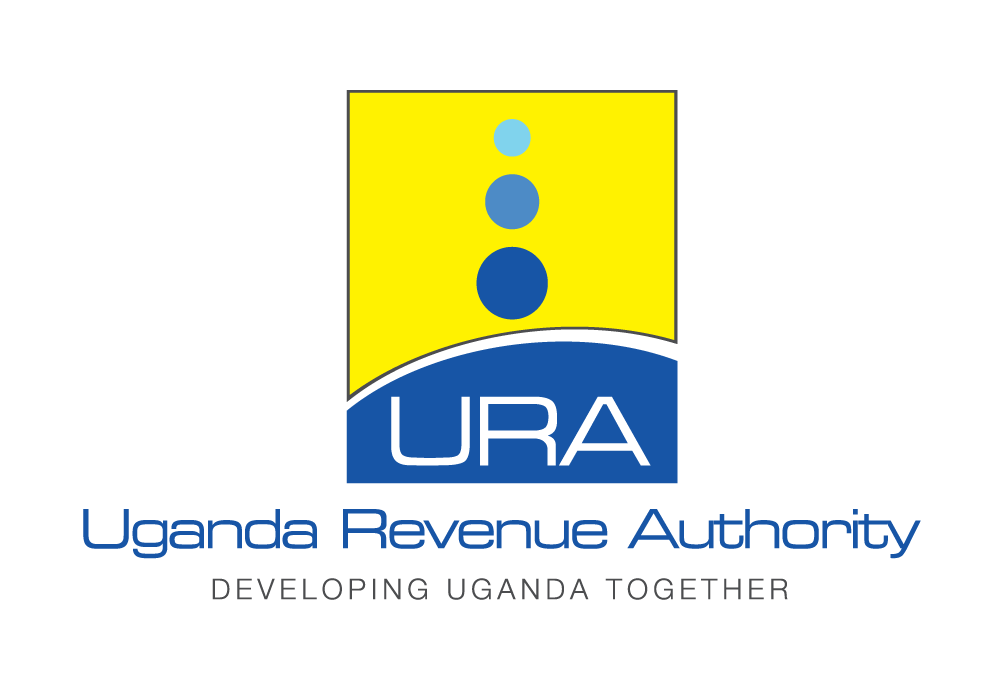- Home
- Business records
Business records
This is a document that shows transactions that a business has carried out in a given period. The record can be on a physical paper or in an electronic form or both. All businesses must keep records in an organized way with satisfactory details of their operations. These records also provide details to determine your tax obligations and entitlements.
You must keep an accurate record of every transaction. This should ideally be done immediately the transaction happens (or daily) to avoid omissions that may occur as a result of forgetting certain items due to passage of time.
Please note: For tax purposes, business records should be kept for 5years or more if the records are needed for ongoing proceedings by URA.
A business has to keep all records relating to its transactions. The records may include; receipts, invoices, contracts, bank statements, appointment letters, utility bills, stock records, asset registers, import schedules, income statements, balance sheets, payroll statements, among others.
The details of your business records depend on the type of record that you are keeping. These include;
- Income records: These are records that show the income your business earns e.g. sales receipts and invoices. Your income records should show: the date, items sold, quantity, unit of sales, amount, among others.
- Expense records: These are records that show the expenses met by the business e.g. utility bills, purchase invoices, among others. Your expense records should show; the date, description of items bought, quantity, unit of purchase, seller, buyer and address of the seller/buyer.
- To know whether the business is making profits, losses or breaking even
- To keep track of business expenses (costs).
- It helps you to ascertain how each business performs if you earn income from many sources
- To budget for your business and acts as proof to source financing e.g. from banks
- As basis for fair tax assessments, payments, audit and objections
- Always get or issue receipts or invoices as proof of your expense or income
- Expense records above 5million must have a Tax Identification Number (TIN) of the seller
- Taxpayers registered for Value Added Tax (VAT) must issue electronic invoices (e-Invoices) using the Electronic Receipting and Invoicing Solution (EFRIS)
- If you do not keep records, URA, does not recognize your expenses and therefore, may determine your tax using other methods
- Keep separate record for each business you operate.
- Make sure the records are clear and easy to read.
For more information, visit the nearest URA office for assistance or call the toll-free lines 0800117000/0800217000 or WhatsApp: 0772140000



